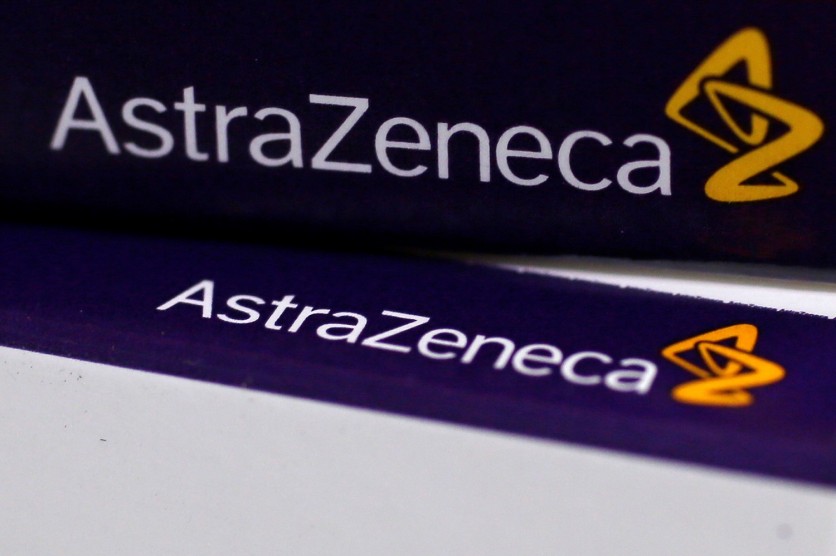AstraZeneca proves to be the most valuable London-listed company as it scores approvals for two medications while it continues to develop its coronavirus vaccine.
A panel of the European health regulator has recommended on Monday, June 1, the use of Lynparza as a follow-on treatment for advanced pancreatic cancer. Meanwhile, the company's heart medication Brilinta also received a nod from U.S. regulators.
Also, Oxford Biomedica, AstraZeneca's manufacturing partner, has hired French pharma veteran Roch Doliveux as a non-executive chairman as the pharma company strives for a major role in the coronavirus vaccine development.

Last week, AstraZeneca struck a one-year deal with Oxford Biomedica to produce multiple batches of the vaccine which is currently going through human testing.
The vaccine, AZD1222, was developed by the University of Oxford researchers and licensed to AstraZeneca. The pharmaceutical company has been meeting with various governments and global partners in its efforts to boost its vaccine production.
It received international attention in pursuit of a coronavirus vaccine, clinching funding from the U.S. government last month as it aims to produce a billion doses until 2021.
AstraZeneca receives 2 drug recommendations while their coronavirus vaccine makes progress
While AstraZeneca is busy signing signs deals for its vaccine, its other drugs for cancer and heart illnesses continue to do well.
Lynparza is being developed in partnership with Merck, a U.S. pharmaceutical company. If the European Commission confirms the endorsement from the European Medicines Agency's human medicines committee, then it can be promoted as a pancreatic cancer medication in Europe. Last year, it gained U.S. approval for the same indication.

According to the Lynparza website, the drug is "a non-chemotherapy oral medication" that may give doctors other ways to treat certain advanced cancers like ovarian cancer, fallopian tube cancer, or primary peritoneal cancer.
The U.S. Food and Drug Administration (FDA) also approved AstraZeneca's Brilinta for reducing the risk of a first heart attack or stroke in high-risk patients, as reported by Pharmaceutical Technology.
"Today's approval of Brilinta is important news for patients with coronary artery disease who will now have a new therapy option to reduce the risk of a first heart attack or stroke," said Ruud Dobber, AstraZeneca BioPharmaceuticals' executive vice-president.
Brilinta is an oral, reversible, P2Y12 receptor antagonist that prevents platelet activation. It has already received approval in more than 110 countries preventing atherothrombotic events in adults with acute coronary syndrome (ACS).
Similarly, the company has already received approvals in over 70 countries for the secondary prevention of cardiovascular (CV) cases among high-risk patients who previously had myocardial events.
On its website, Brilinta is introduced as a "prescription medicine for people who have had a heart attack or severe chest pain," which is caused by the lack of oxygen. It is usually taken with aspirin to reduce the risk of having another serious heart or blood vessel issues like heart attack, stroke, or blood clots, which can be lethal.
However, the heart drug should not be taken by patients with a history of bleeding in the brain or are allergic to any of the Brilinta components as cases of slow heart rhythm for those taking the medicine have been reported.
Last month, the company and its partner Daiichi Sankyo acquired breakthrough therapy designation (BTD) from the FDA for its Enhertu to treat non-small cell lung cancer (NSCLC).
ⓒ 2025 TECHTIMES.com All rights reserved. Do not reproduce without permission.




